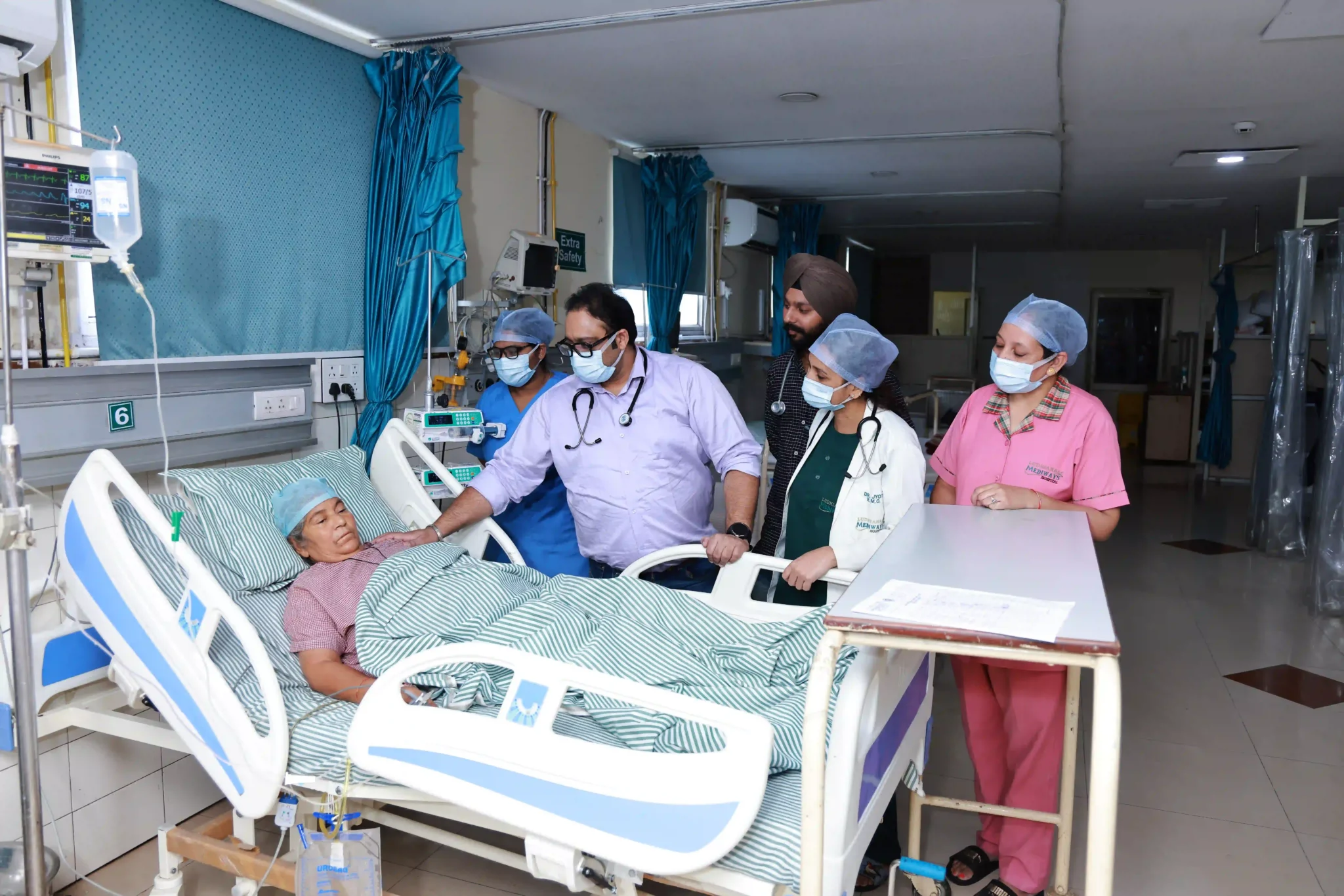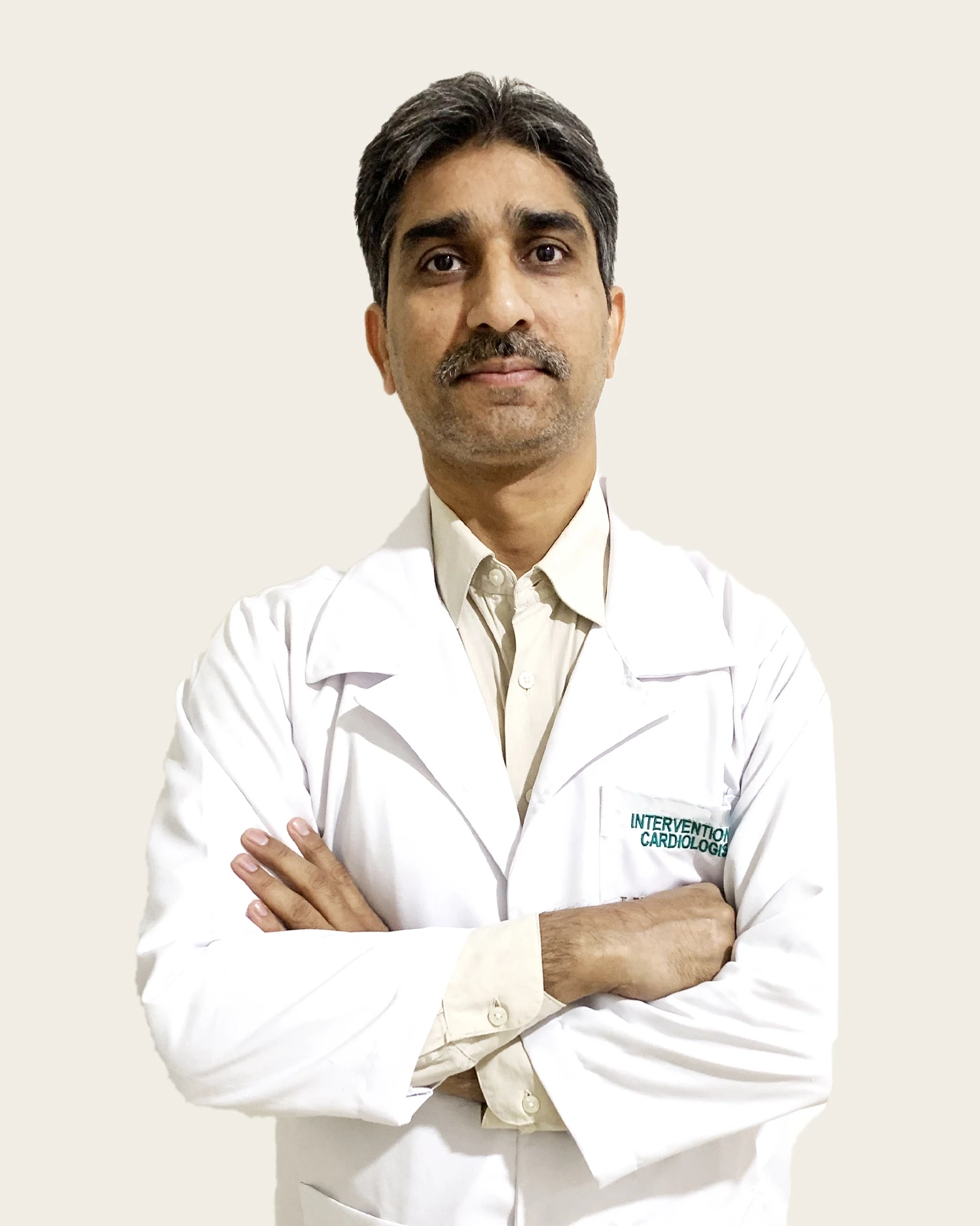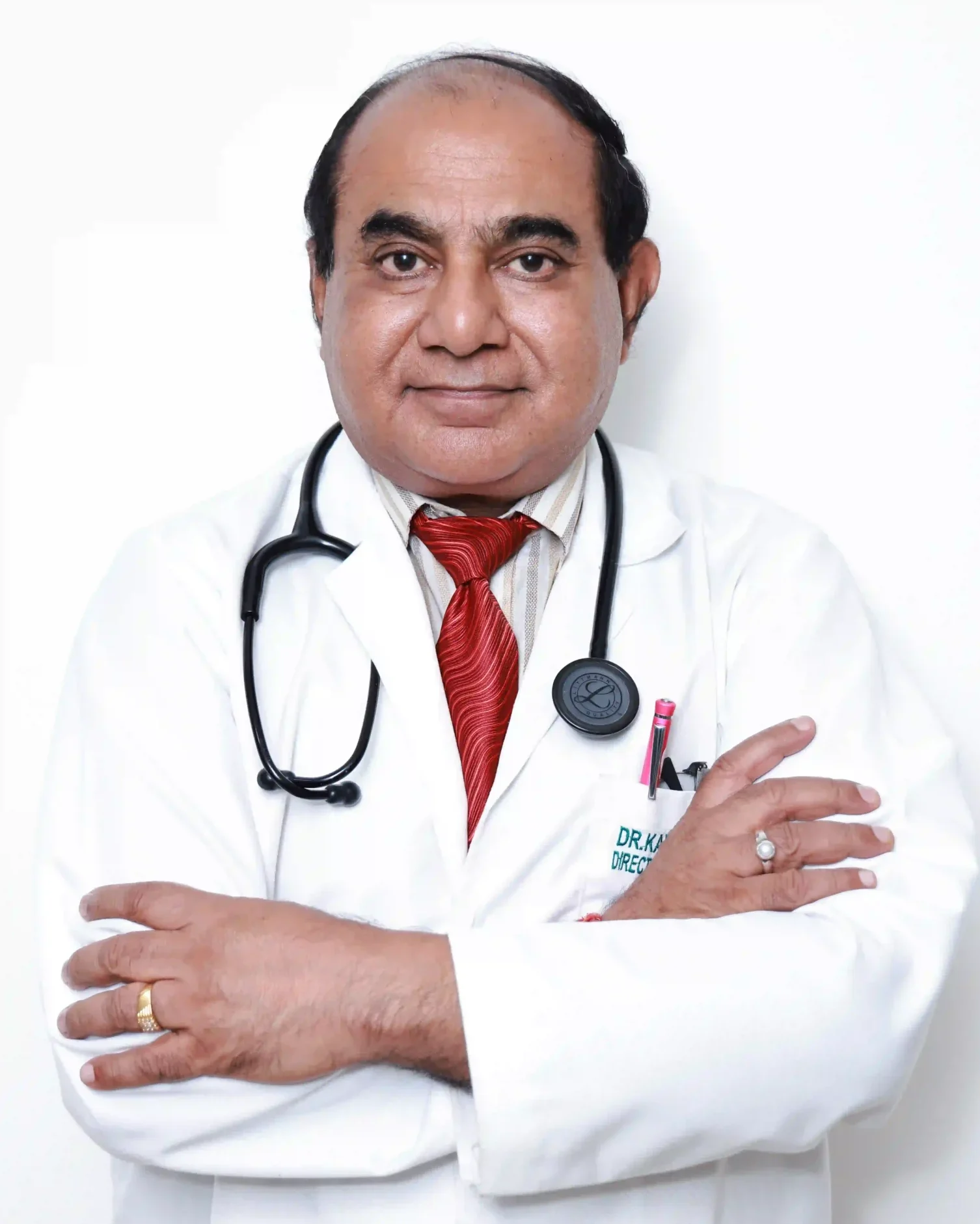A person who exhibits symptoms of heart disease, such as chest pain, dizziness, change in heart rate, shortness of breath, and high blood pressure, should consult their doctor immediately.
In addition to treating injuries and diseases in the abdomen and neck area, this surgery also involves complex aneurismal and renovascular diseases. If there is a tumour or abnormality present at birth, the surgery can remove it.
In vascular surgery, venous, arterial and lymphatic systems, including coronary arteries and intracranial arteries, are diagnosed and treated.
This branch of physiology deals with the ion flow in the tissues. Basically, it measures the flow of the ions using electrical recording techniques. Traditionally, electrodes have been placed in the tissues. They may consist of solid conductors, hollow tubes with electrolytes or circuit board tracings.




